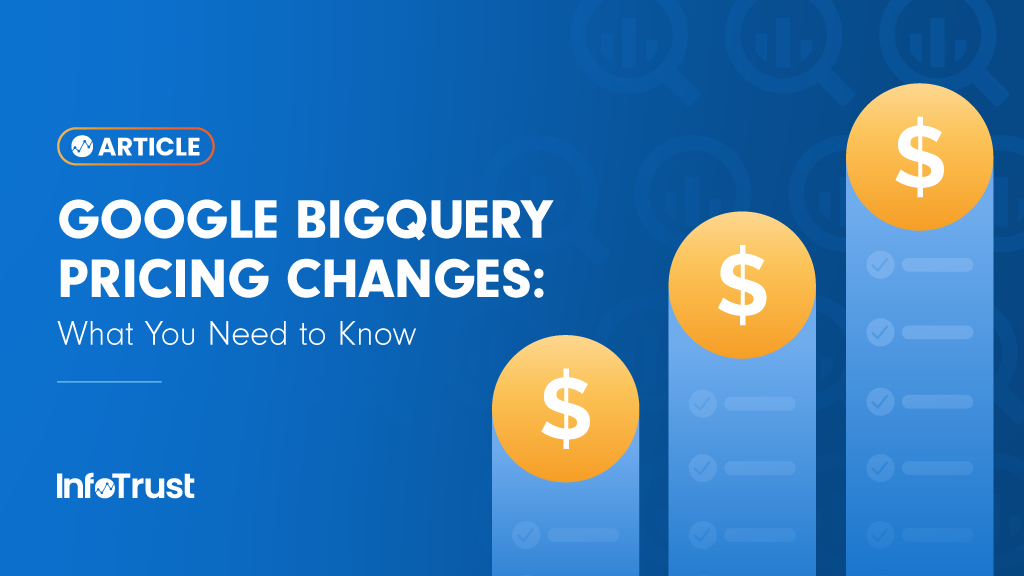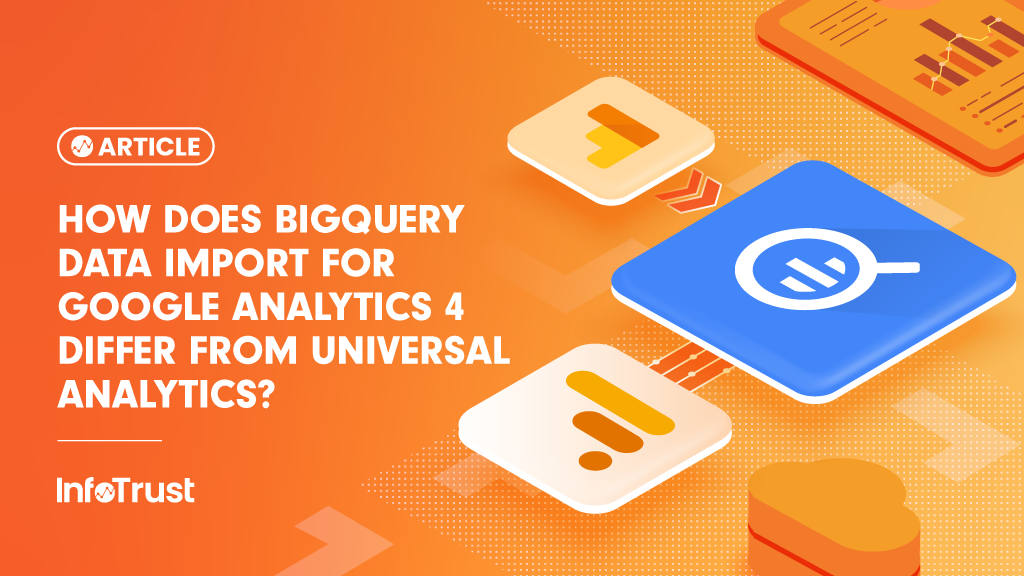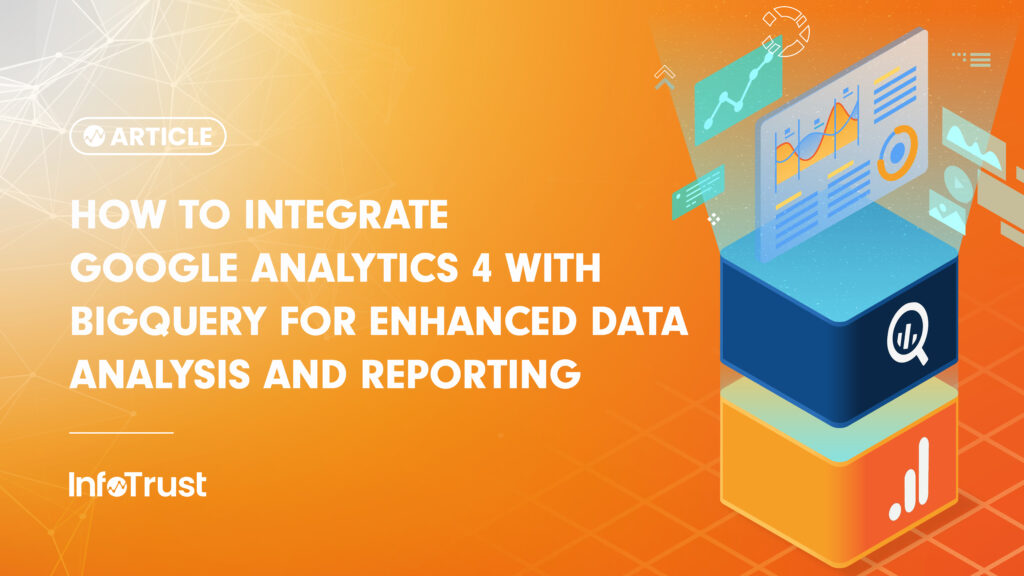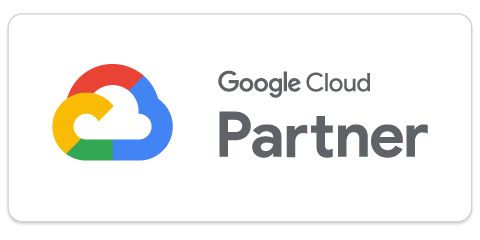Google has recently announced some changes to its BigQuery pricing model that will impact how businesses and individuals use the platform. While storage pricing remains mostly unchanged, there are now three pricing tiers for compute, priced per unit compute (slot*hour), at $0.04, $0.06, and $0.10 respectively. But what do these changes mean for users of Google BigQuery?
Compressed Storage
The first change is the introduction of “compressed storage,” which allows users to pay less for storage in exchange for paying more in compute. This is a trade-off that makes sense for rarely-queried data, as it can significantly reduce costs. However, it’s important to note that this option may not be suitable for everyone, as it could lead to increased compute costs in the long run.
Compute Pricing
The second change is that compute pricing is moving from a per-unit-data-scanned model to a per-compute-instance model. This change is likely motivated in part by allowing Google to better monetize their more recent compute-heavy BigQuery features. However, this change may result in increased costs for businesses with occasionally-queried projects due to compute slot minimums.
New Pricing Tiers
The third change is the introduction of three pricing tiers, each priced per unit compute (slot*hour) at $0.04, $0.06, and $0.10 respectively. The only real difference between tiers is available features, with the more compute-heavy features available in the higher tiers. This is interesting because pricing is already per-compute-unit, so Google is essentially double-dipping here. To use the compute-heavy features like ML models, users need to pay for more compute units, but they also need to pay more money per compute unit.
Final Thoughts
So what does this mean for businesses using Google BigQuery? It may be cheaper for businesses to segment their databases into groups based on needed features so that the lower tiers can be used where permissible. The price difference between tiers is substantial (more than double from lowest to highest), but the actual compute power being purchased is the same. This means that businesses can potentially save a lot of money by using lower-tier compute units where possible.
In conclusion, these changes to Google BigQuery pricing may have a significant impact on businesses and individuals using the platform. While the introduction of compressed storage may be useful for rarely-queried data, businesses with occasionally-queried projects may see increased costs due to compute slot minimums. However, by segmenting their databases and using lower-tier compute units where possible, businesses can potentially save a lot of money. It will be interesting to see how these changes play out over time and how businesses adapt to the new pricing model.





